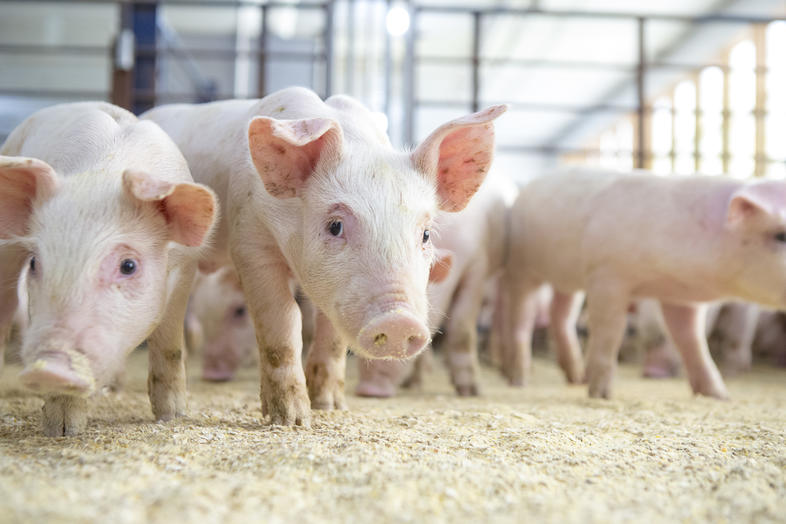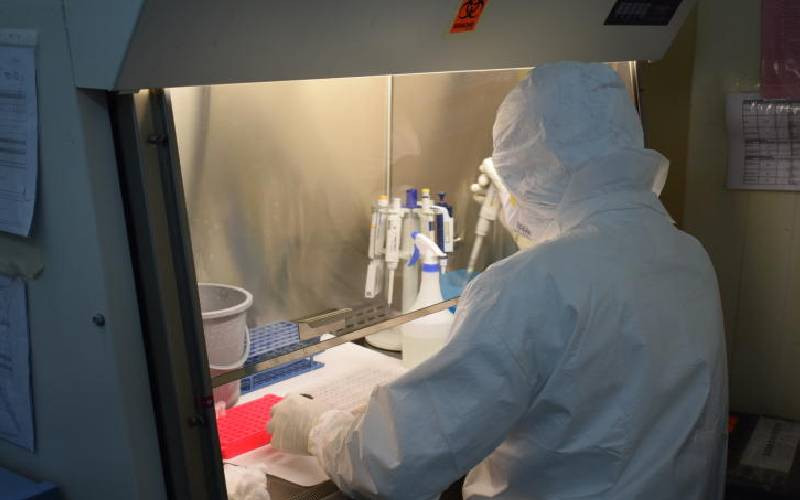Kemri study shows Pork, Poultry meat sold in supermarkets contaminated.

A study by the Kenya Medical Research Institute (Kmeri) has found that the raw pork and poultry meat that is retailed in supermarkets in the country is contaminated.

The research shows if you consume the meat, you risk consuming bacterial contaminants, potentially spreading foodborne illnesses, research scientists have revealed in a new study.
This is definitely bad news for white meat consumers in the country as the researchers suggest that there could be a high risk of food safety concerns, with chicken meat and pork from both local and international supermarkets in Kenya.

The study also found that Antimicrobial Resistant (AMR) pathogens are on the rise in Kenya.
AMR is a new public health concern in the country now following recent studies as well.
The research was carried out by Patrick Muinde, John Maina, Kelvin Momanyi, Victor Yamo, John Mwaniki, and John Kiiru drawn from the World Animal Protection, Center for Microbiology Research, and Kenya Medical Research Institute (KEMRI) conducted the study.

“It is essential to enforce high standards of food hygiene and sanitation throughout the supply chain, especially at the time of slaughter and packaging, in order to prevent the introduction of bacteria to the food and the subsequent spread of foodborne pathogens,” the researchers stated.
However, they did not establish the source of microbial contamination.
According to the researchers, “However, it is essential for retailing outlets to adhere to hygienic principles when handling and processing pork and chicken meat products to reduce the potential risk of microbial contamination,” the scientists said.
This study revealed that the resistance to essential classes of antibiotics, such as cephalosporins, aminoglycosides, and fluoroquinolones, is not high; however, an analysis of similar data showed that resistance might be increasing over time.

Their analysis also shows worrying levels of resistance to tetracycline and penicillin, two of the most commonly used antibiotics in animal agriculture, demonstrating the necessity of responsible antibiotic use.
With new resistance mechanisms emerging and spreading globally, the scientists pointed out that there is a need for a concerted effort to gain insights on how to better tackle AMR as well as raise awareness.
Some of the results of this investigation give an excellent glimpse of the levels of bacterial carriage in chicken and poultry meat sold at major supermarkets across Kenya.

The study noted a high prevalence of bacteria often considered parasitic, such as E. coli at 48.4 per cent and Klebsiella spp at 19.1 per cent, and foodborne pathogens, such as Salmonella spp at 17.8 per cent and Staphylococcus spp at 6.7 per cent.
Source : The Standard






